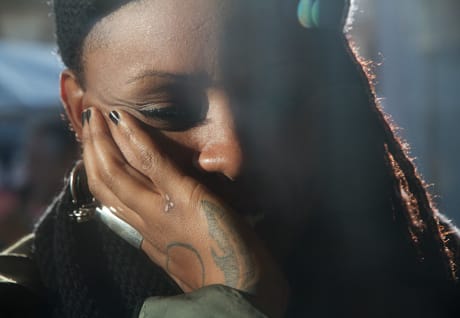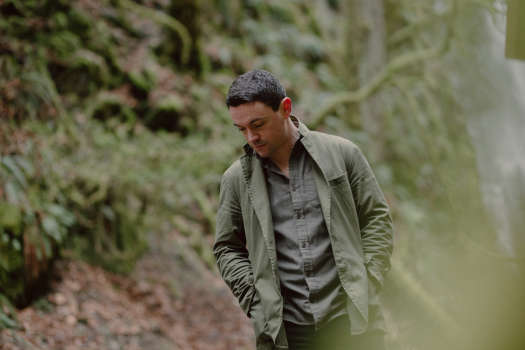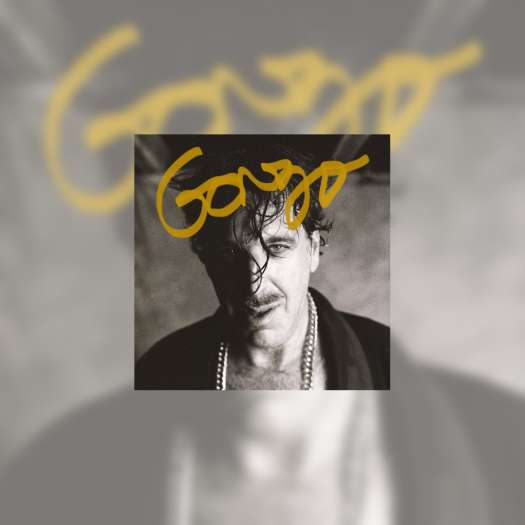Growing out of her childhood interest in spirits and "what they leave behind," saxophonist/composer/vocalist Matana Roberts has fashioned Coin Coin, a sound language with which to explore ancestral history, both factual and fictional. Widely seen as a jazz musician, Roberts here also harnesses the earthy simplicity of folk-ish melodies to convey compelling stories of slavery and liberation. "Pov Piti" tells an orphan's harrowing tale of losing her parents to yellow fever, followed by a moving, dirge-like violin interlude. Survival and how a forbearer wishes for descendants to become "something more than me" are given poetic voice in "Kersaia." Shatteringly emotional, "Libation for Mr. Brown: Bid 'em in…" is a potent account of the auctioning of a female slave, with its disturbing "agricultural objectivity," biblical imagery and sexual suggestiveness. Roberts' intimate delivery and quivering vibrato are vulnerable and fiercely angry, possibly bringing you to tears. Capable of playing and writing interesting jazz, Roberts is reaching for far more here. Recorded with her 14-piece Montreal ensemble, Chapter One is an auspicious first document in what promises to be a fruitful series. Chapter Two will be Mississippi Moonchile, about her Canton, Mississippi roots on her father's side.
Describe your concept for your Coin Coin project.
Coin Coin is a compositional sound language that I have been developing since 2006. My initial interest in creating this work came from my childhood fascination with ghosts, spirits, spooks and the faint traces of what they leave behind. The musical root of much of this work also stems from my continued attraction/repulsion to certain aspects of the American jazz tradition(s), of which I am deeply involved with as an alto saxophonist and performer.
How did Gens de couleur libres evolve during your Montreal residency?
I had access to improvisers that are making music across genres and that really helped to enrich my ideas, as well as access to really good coffee and long Montreal walks that helped enrich my friendships and overall sense of community.
How do your roots in Chicago's Association for the Advancement of Creative Musicians (AACM) inform your creative practice?
For me, the AACM really supports my punk leanings. They are all about "not asking permission" and music for the sake of experimentation first. The groundbreaking models they explored gave me a lot of mental support to really go after what is true to me in sound.
Describe your concept for your Coin Coin project.
Coin Coin is a compositional sound language that I have been developing since 2006. My initial interest in creating this work came from my childhood fascination with ghosts, spirits, spooks and the faint traces of what they leave behind. The musical root of much of this work also stems from my continued attraction/repulsion to certain aspects of the American jazz tradition(s), of which I am deeply involved with as an alto saxophonist and performer.
How did Gens de couleur libres evolve during your Montreal residency?
I had access to improvisers that are making music across genres and that really helped to enrich my ideas, as well as access to really good coffee and long Montreal walks that helped enrich my friendships and overall sense of community.
How do your roots in Chicago's Association for the Advancement of Creative Musicians (AACM) inform your creative practice?
For me, the AACM really supports my punk leanings. They are all about "not asking permission" and music for the sake of experimentation first. The groundbreaking models they explored gave me a lot of mental support to really go after what is true to me in sound.




